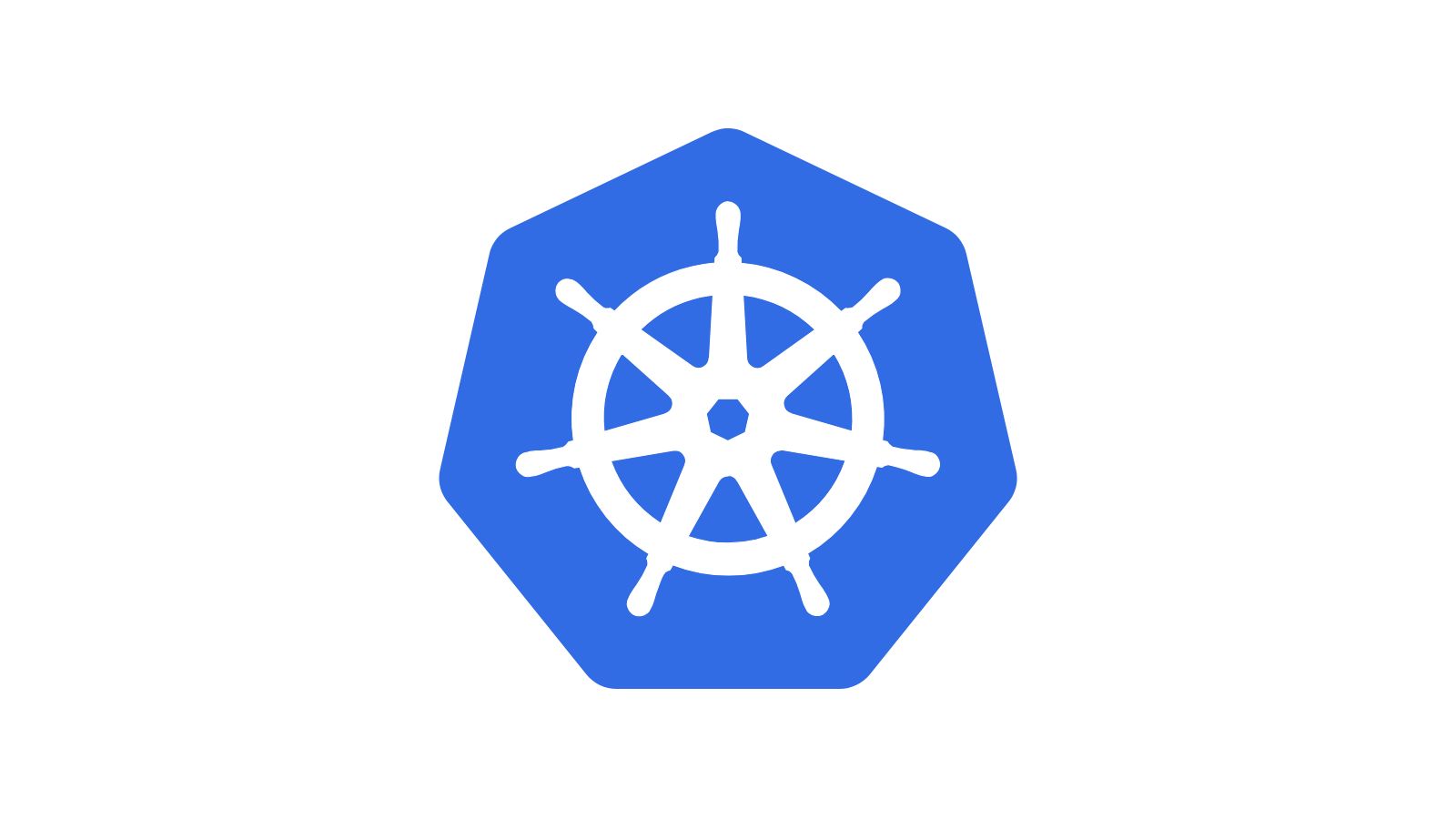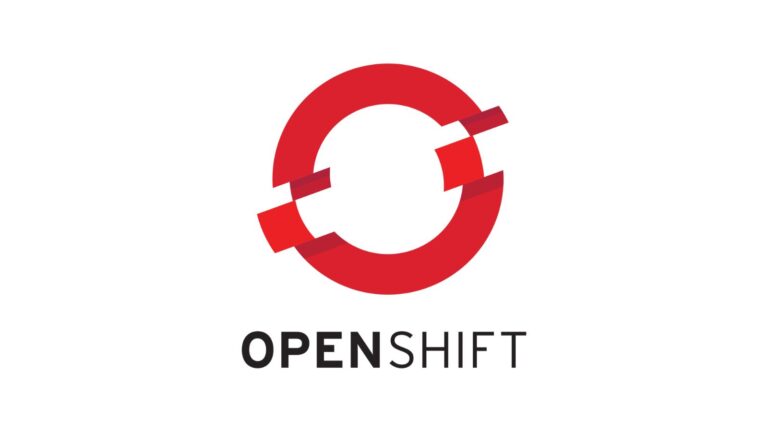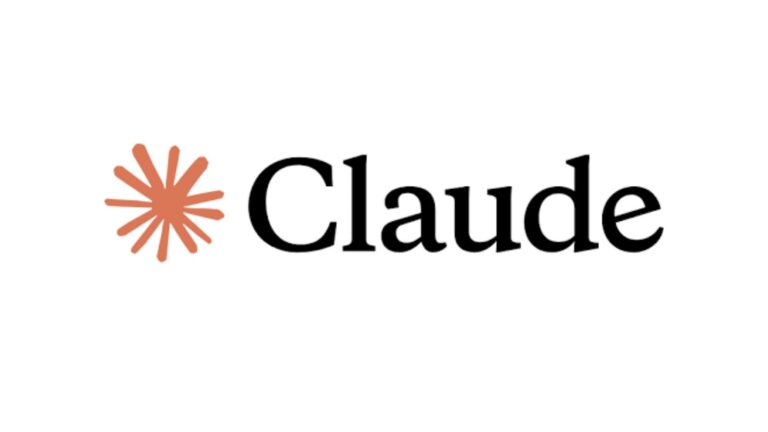Kubernetes is an open-source platform that automates the deployment, scaling, and management of containerized applications. These applications are like lunchboxes for software. They pack everything the app needs (including dependencies and configurations) to run so it works the same no matter where you open it.
Originally developed by Google and now maintained by the Cloud Native Computing Foundation, Kubernetes helps developers and operators run software reliably across clusters of machines, whether on-premises or in the cloud.
The name Kubernetes comes from the Greek word κυβερνήτης (kybernētēs), meaning helmsman or pilot. It reflects the system’s role in steering complex application workloads. The word also shares roots with “cybernetics,” which originally referred to governance and control systems.
Often abbreviated as K8s (with the 8 standing for the eight letters between “K” and “s”), Kubernetes provides essential features such as service discovery, load balancing, self-healing, and automated rollouts. Its powerful orchestration capabilities have made it the standard for managing containers at scale in modern software architecture.
The logo of Kubernetes features a ship’s wheel with seven spokes. This not only references its etymological roots (as a helmsman steers a ship) but also symbolizes control, navigation, and guidance over containerized applications across servers.



